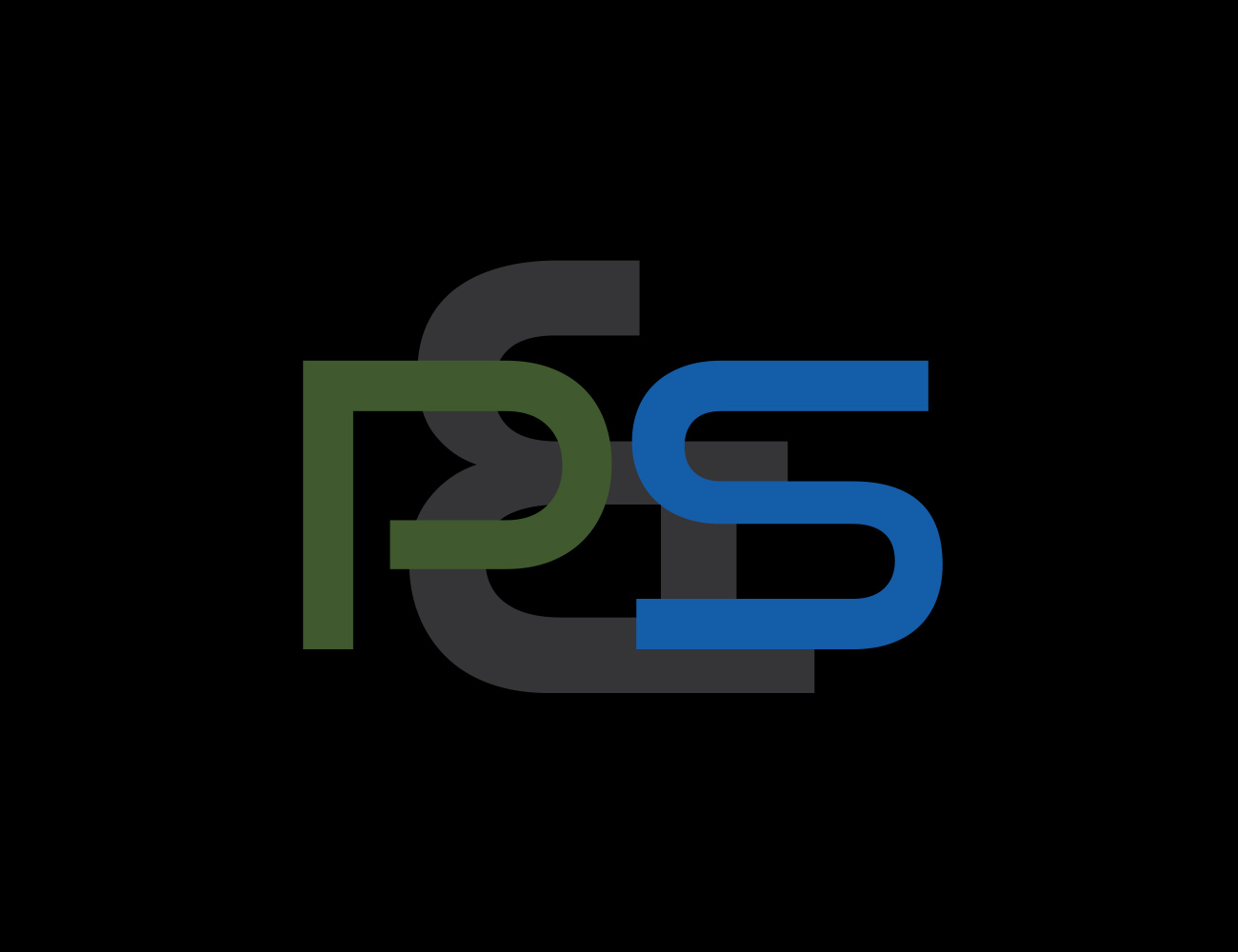Knowing your lane – introducing Caleb Giddings
I’m Caleb Giddings, I’ve been in the firearms industry for over a decade now. I’ve held almost every job you can imagine in the gun industry; paid professional shooter, writer, gun store owner, online provacatuer, magazine publisher, marketing guru, advertising salesman, and even failed reality TV show contestant. I’m also an NCO in the USAFR as a Combat Arms Instructor, which means I mostly teach pilots to not shoot themselves in the leg with their M9s. I’m passionate about shooting handguns well and have spent most of my adult life trying to get better at that, with varying degrees of success. I’ll be writing twice a month on all manner of topics, including products and class AARs.
Now that you’ve read my long winded intro, we can get down to the actual meat and potatoes of this post, which is part one of a series on understanding the value of lanes. I guarantee that if you’re reading this, you’ve heard or read or even possibly said the phrase “stay in your lane.” It’s useful, because especially on the internet everyone seems to think they’re an expert in everything. This is partially because with a few simple mouse clicks or thumb taps we can access the sum total of all human knowledge, which is pretty cool when you think about it. But reading a Wikipedia article about solar flares doesn’t qualify me to debate an astrophysicist about them.
One of the most difficult things for the human animal to do is be objective about their own skill level; as we know every male in America is born knowing that they’re good at three things: driving, fighting, and screwing. What’s interesting is that as a person becomes more skilled in any area, the more they become aware of their “lane.” Lane is a handy phrase for area of expertise, and it takes less effort to type, so when you see me reference it, that’s what I’m referring to.
The first step in really knowing what your lane is to know what you know. Yes, that’s a bit circular, but bear with me. I’m an experienced competition shooter, right?
An overview of my competitive qualifications would indicate that I’m reasonably knowledgeable about how to manipulate a handgun with a reasonable level of skill. I’m also an Air Force firearms instructor (yes, the Air Force shoots guns), so you can assume from those two qualifications that my lane would include “teaching people with little to no experience how to shoot.” The danger is when I try to stretch my lane into areas that I’m not an expert in. Just because I’ve taken force on force classes or trained in building clearing doesn’t make me an expert in those areas, and I don’t claim to be. It means I have experience, but the gap between experience and expertise is often pretty huge.
The trick to knowing your lane is personal honesty. When you’re honest with yourself about your skills and knowledge, you’re far more likely to be perceived as an expert in those areas, and you won’t fall prey to the temptation to stretch your lane into an area where you’re not a true expert. That doesn’t mean you can’t expand your lane, for what it’s worth. In fact, that’s the subject of part 2 of this article.









[…] I can’t say that I disagree with Caleb’s advice. For some more advice from Caleb, check out Knowing your lane. […]
[…] my first post, I talked about the value of knowing your lane – how to understand your area of expertise as well as being aware of what your blind spots are. […]